Owning a beautiful white bath vanity with a marble top can elevate the look of your bathroom, but what happens when the finish starts peeling off? This issue can not only affect the aesthetics but also the functionality of your vanity. In this article, we'll explore the reasons behind this common problem and offer solutions to prevent it.
Understanding the Problem
A peeling vanity finish can be frustrating. It usually happens when the protective layer on the vanity starts to wear off. This issue can be caused by a variety of factors, including moisture, poor-quality materials, and improper cleaning methods.
Common Causes of Peeling Finish

Moisture Damage
Bathrooms are naturally humid environments. The constant exposure to moisture can wreak havoc on wooden surfaces, including your vanity. Water can seep into the wood and weaken the bond of the finish, causing it to peel over time.
Poor-Quality Materials
Not all vanities are created equal. Some are made with high-quality materials that can withstand the test of time, while others are not. If your vanity was made with lower-quality materials, it might be more prone to issues like peeling finishes.
Improper Cleaning Methods
Using harsh chemicals or abrasive cleaning tools can damage the finish on your vanity. Over time, this can lead to peeling. It's important to use gentle, non-abrasive cleaners and soft cloths to maintain the integrity of the finish.
Preventive Measures
Proper Ventilation
Ensuring your bathroom is well-ventilated can help reduce the amount of moisture that accumulates on your vanity. Use exhaust fans during and after showers to keep the air dry. This simple step can go a long way in protecting your vanity.
Choosing High-Quality Products
When purchasing a vanity, consider investing in a high-quality product from a reputable store like Wellfor Store. A well-made white bath vanity with a marble top is less likely to suffer from issues like peeling finishes.
Regular Maintenance
Regularly cleaning and maintaining your vanity can help prolong its life. Use mild cleaners and soft cloths to wipe down the surface. Avoid using harsh chemicals or abrasive tools that can damage the finish.
Repairing a Peeling Finish
Assess the Damage
Before you start any repairs, assess the extent of the damage. If the peeling is localized, you might be able to fix it with a simple touch-up. However, if the damage is extensive, you may need to refinish the entire vanity.
Gather Your Supplies
For minor repairs, you'll need:
-
Sandpaper
-
A soft cloth
-
Wood filler (if there are any deep scratches or gouges)
-
Paint or stain that matches the original finish
-
A clear protective sealant
Steps to Repair
-
Sand the Area: Lightly sand the peeling area to remove any loose finish. Be sure to sand in the direction of the wood grain to avoid further damage.
-
Clean the Surface: Wipe down the sanded area with a soft cloth to remove any dust.
-
Apply Wood Filler: If there are any deep scratches or gouges, use wood filler to smooth them out. Allow it to dry completely.
-
Reapply Finish: Apply a matching paint or stain to the repaired area. Be sure to blend it in with the surrounding finish for a seamless look.
-
Seal the Repair: Once the paint or stain is dry, apply a clear protective sealant to protect the area from future damage.
Refinishing the Entire Vanity
If the damage is extensive, you might need to refinish the entire vanity. This process is more involved but can restore your vanity to its original glory.
-
Remove the Old Finish: Use a chemical paint stripper or sandpaper to remove the old finish. Be sure to work in a well-ventilated area and follow all safety instructions.
-
Sand the Surface: Once the old finish is removed, sand the entire surface to create a smooth, even base.
-
Clean the Vanity: Wipe down the surface with a soft cloth to remove any dust or debris.
-
Apply New Finish: Apply a new coat of paint or stain to the vanity. Allow it to dry completely before applying a second coat, if necessary.
-
Seal the Surface: Once the new finish is dry, apply a clear protective sealant to protect the vanity from future damage.
Final Thoughts
A peeling vanity finish can be a frustrating problem, but it's not insurmountable. By understanding the common causes and taking preventive measures, you can keep your white bath vanity with a marble top looking beautiful for years to come. Regular maintenance and proper cleaning are key, as is choosing high-quality products from reputable stores like Wellfor Store. If your vanity does start to peel, following the repair steps outlined above can help you restore it to its former glory.
With these tips and tricks, you'll be able to tackle the issue of a peeling vanity finish head-on and keep your bathroom looking its best.

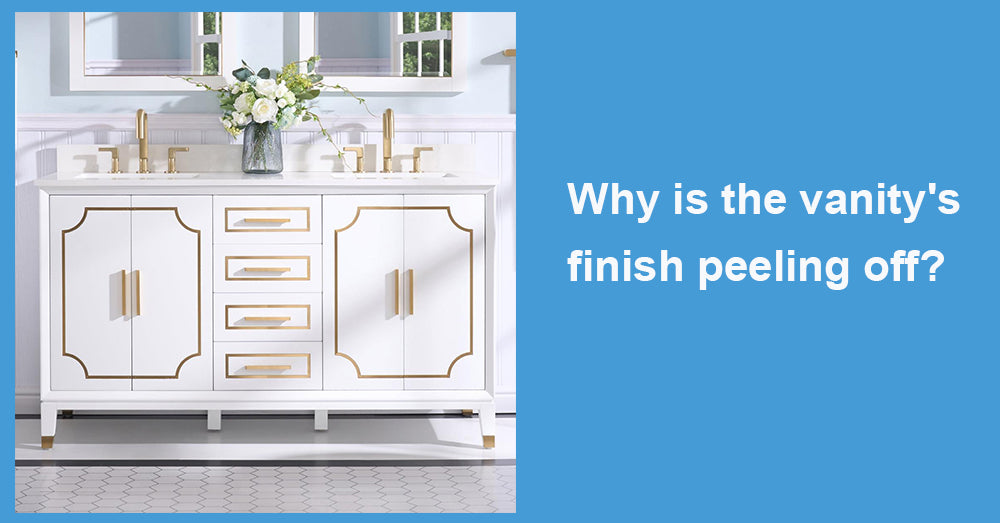


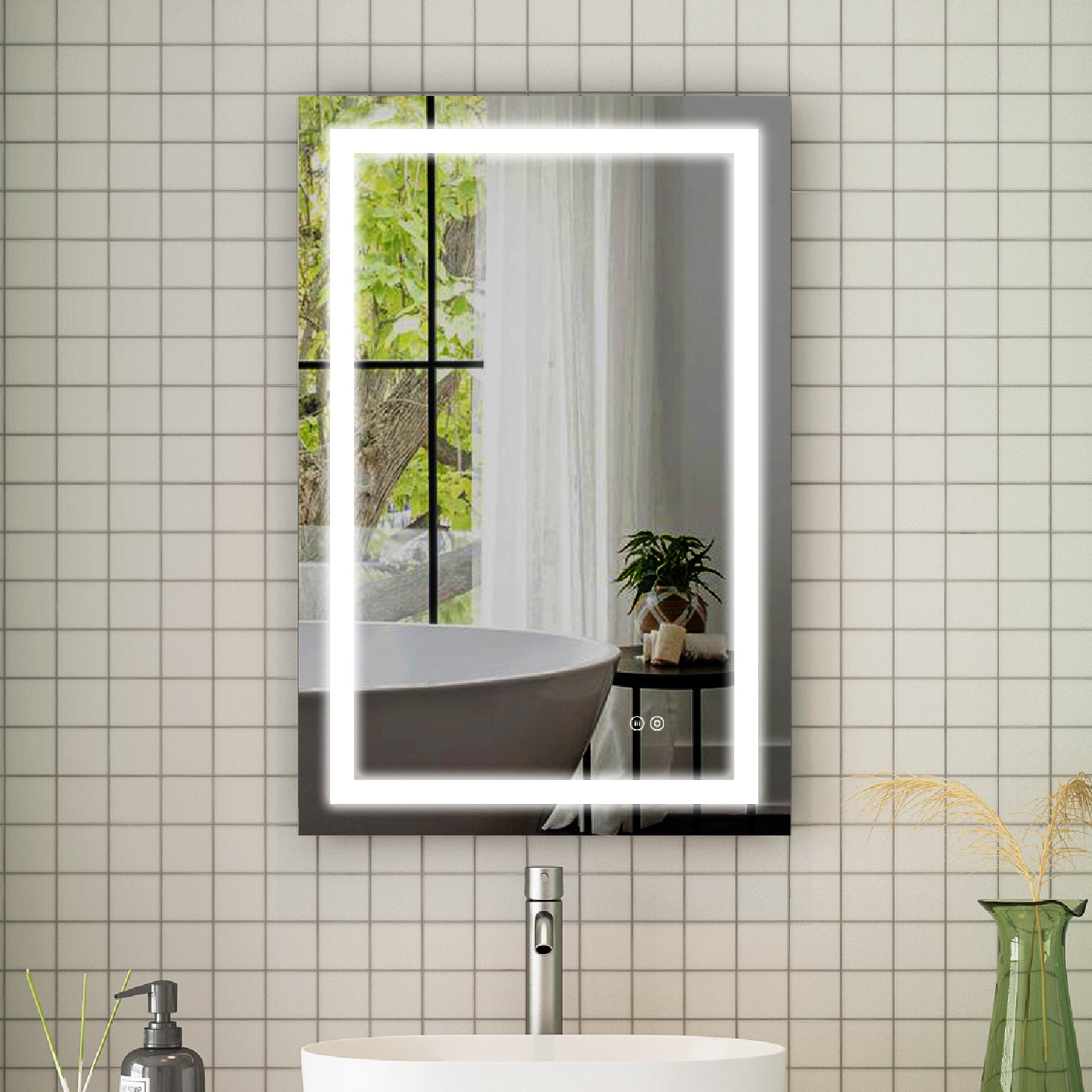

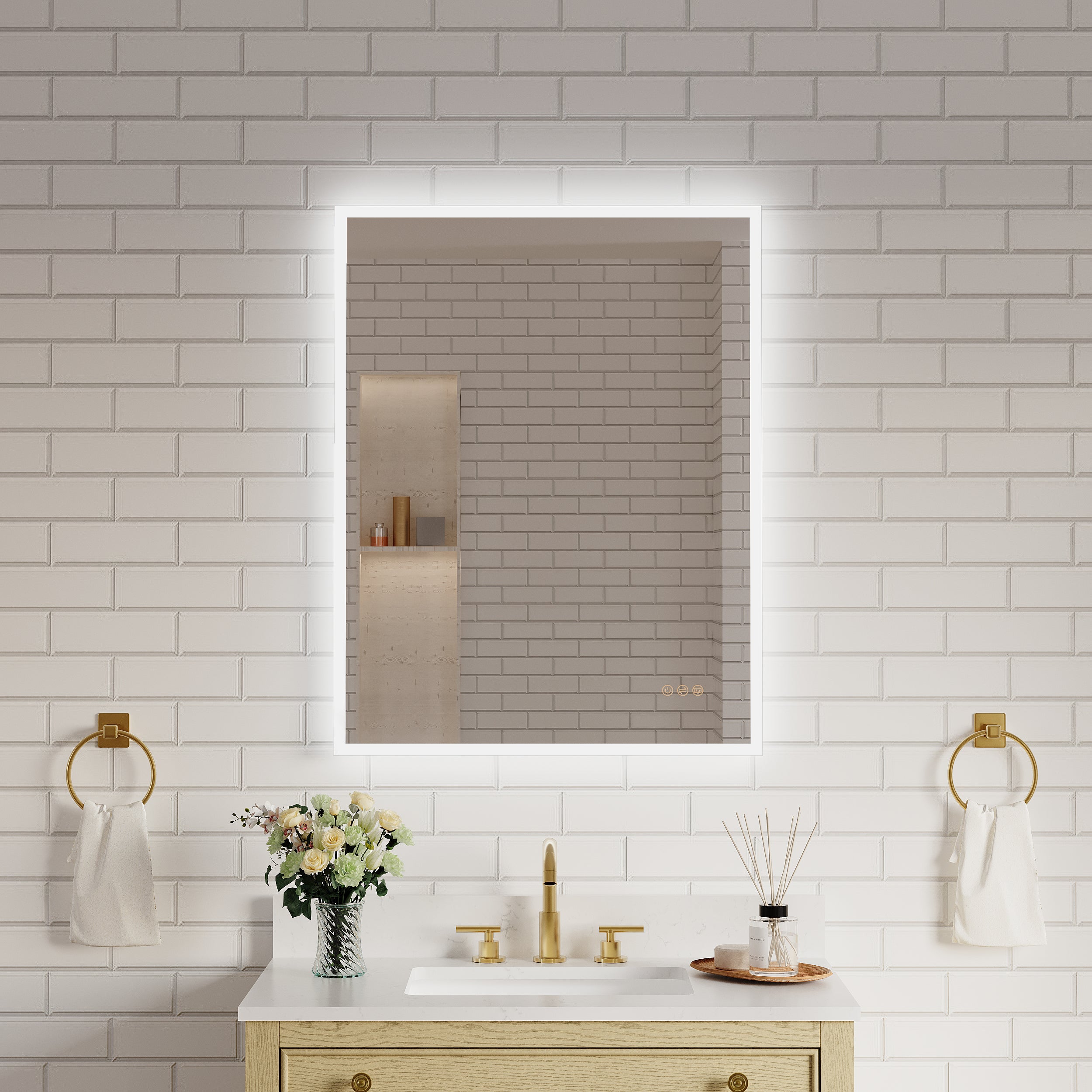

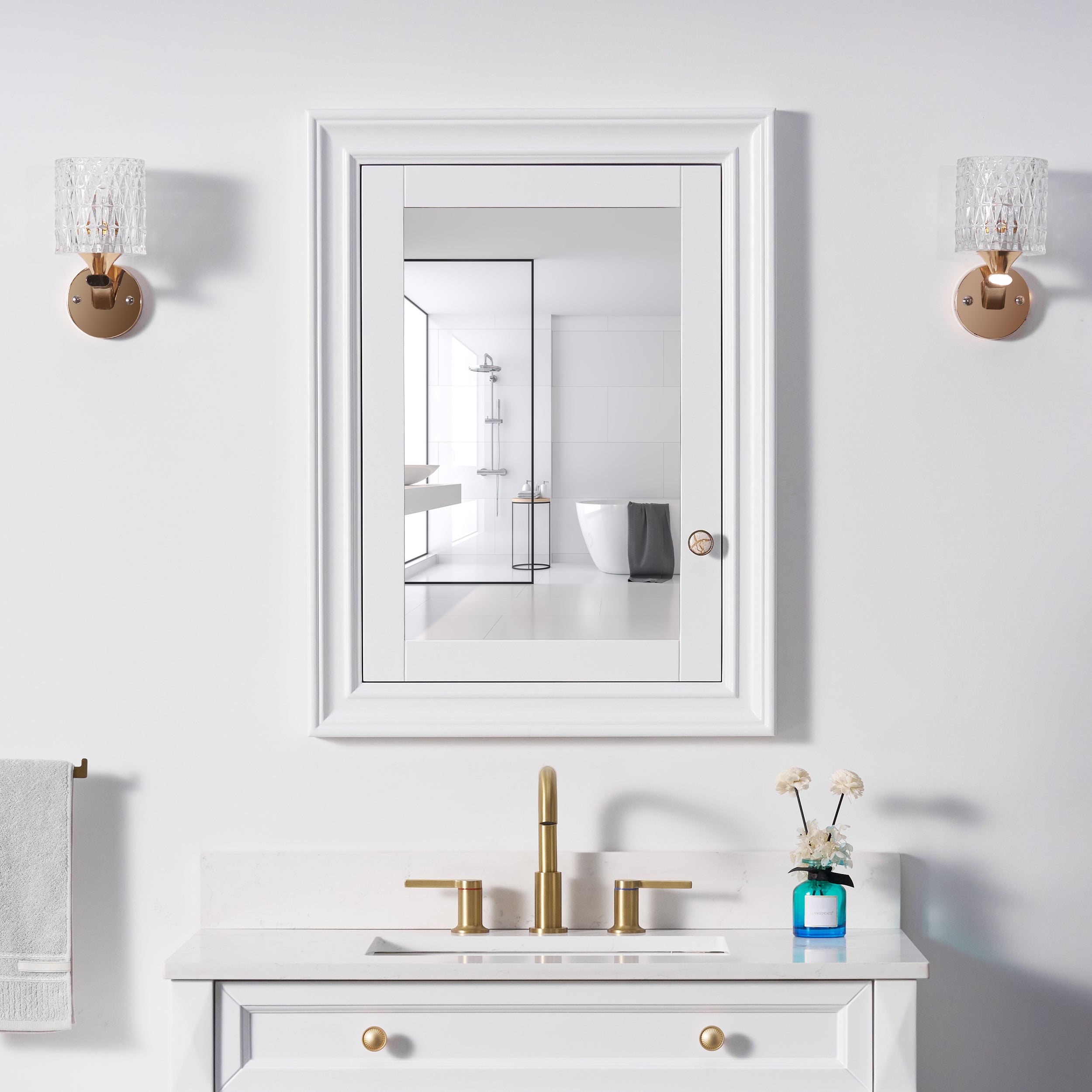
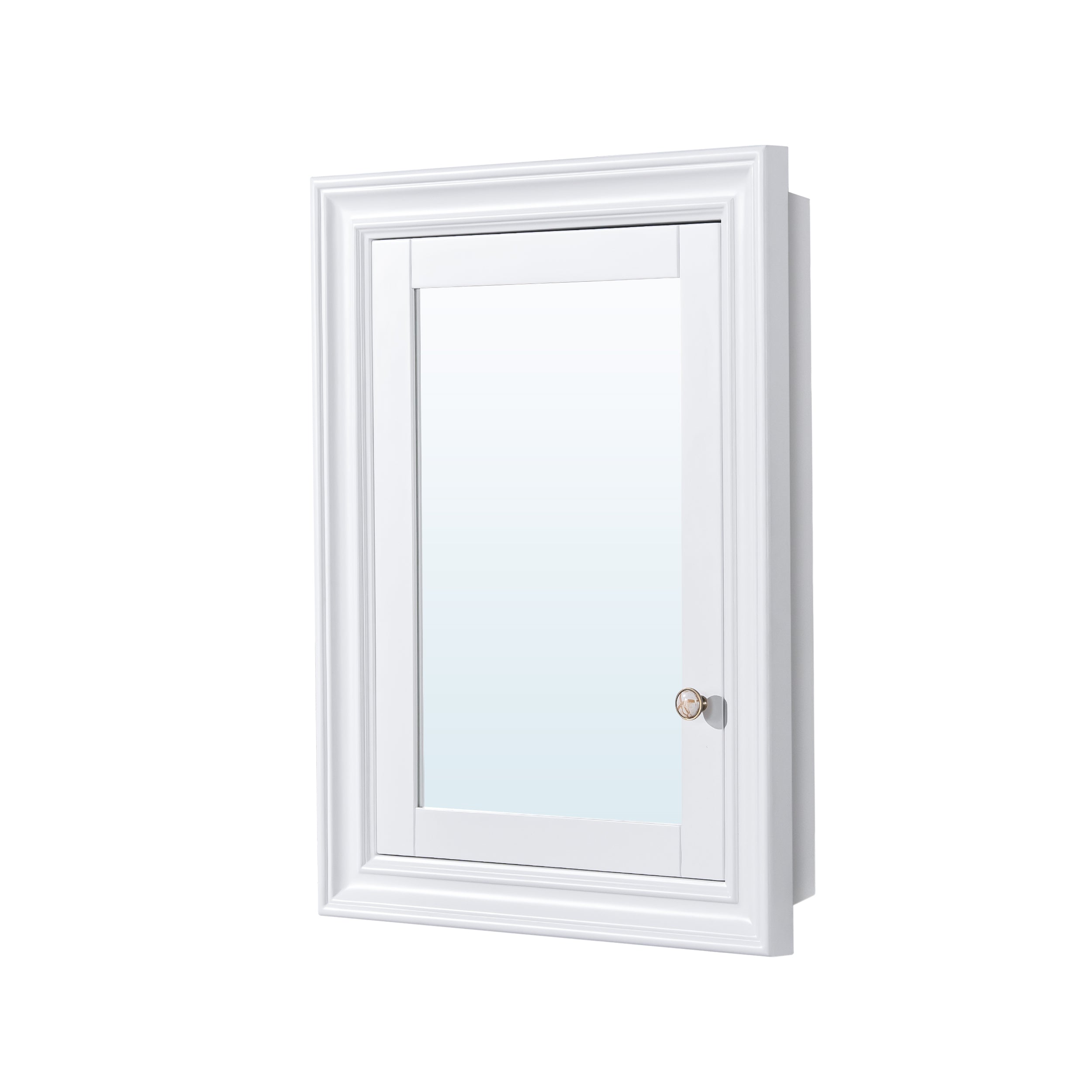
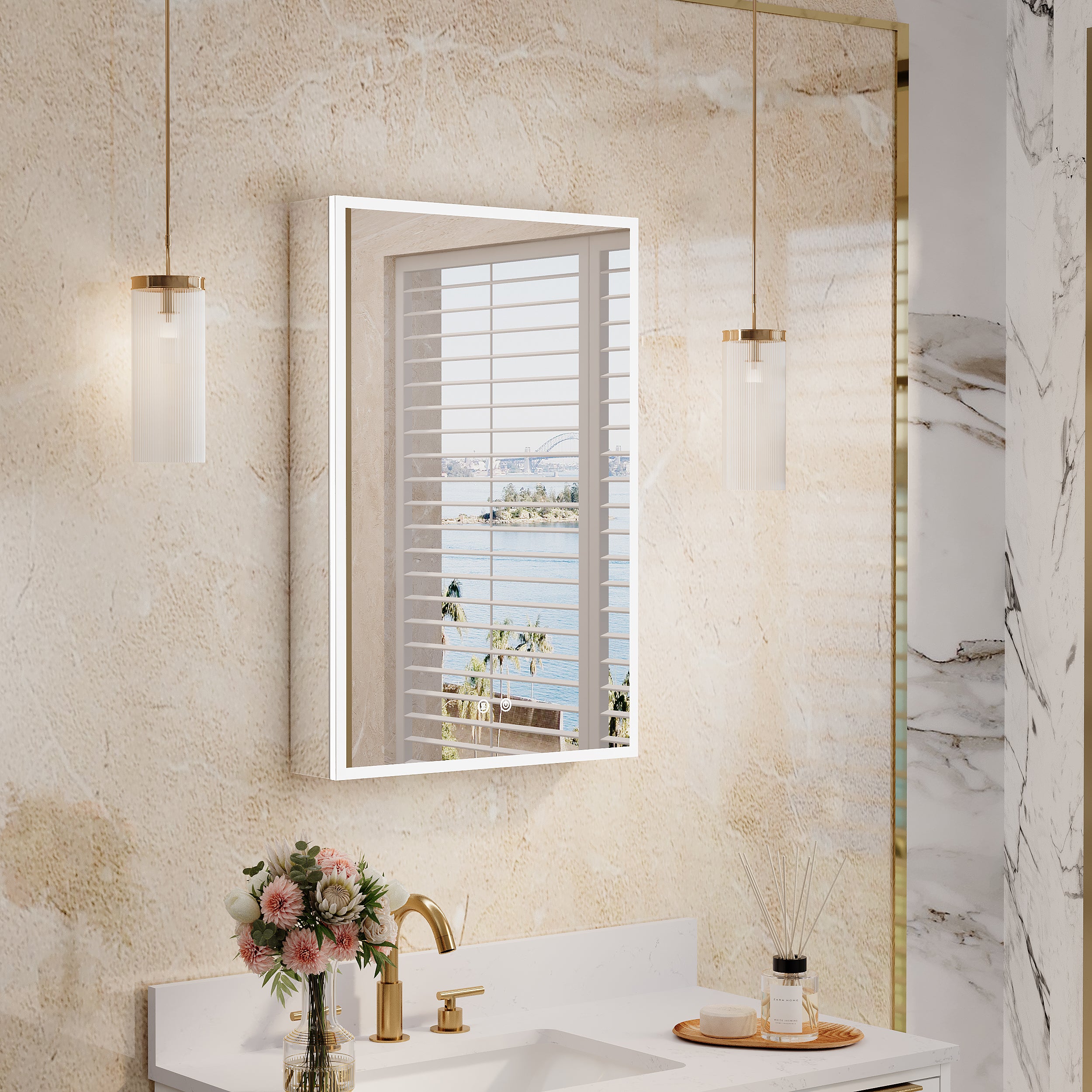

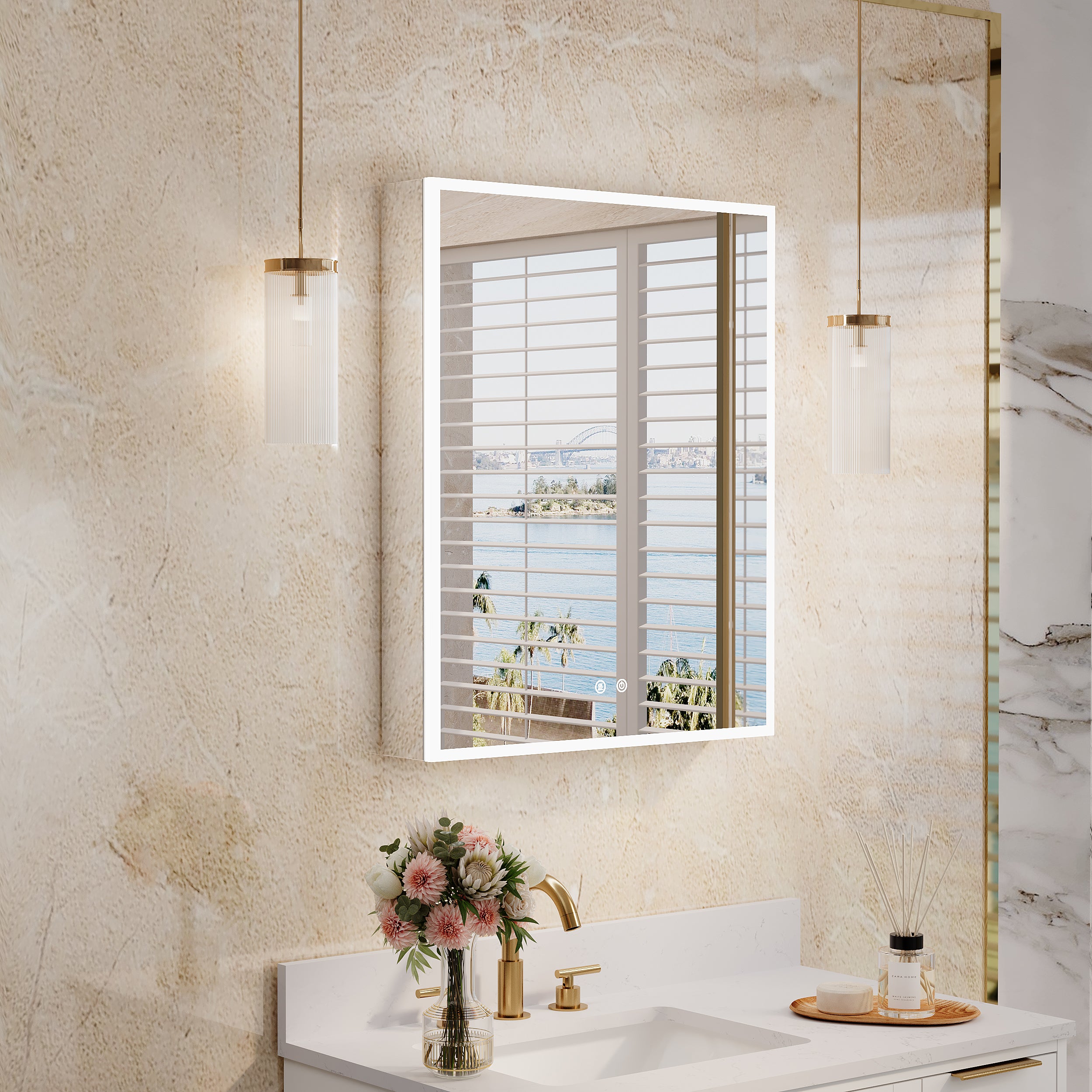

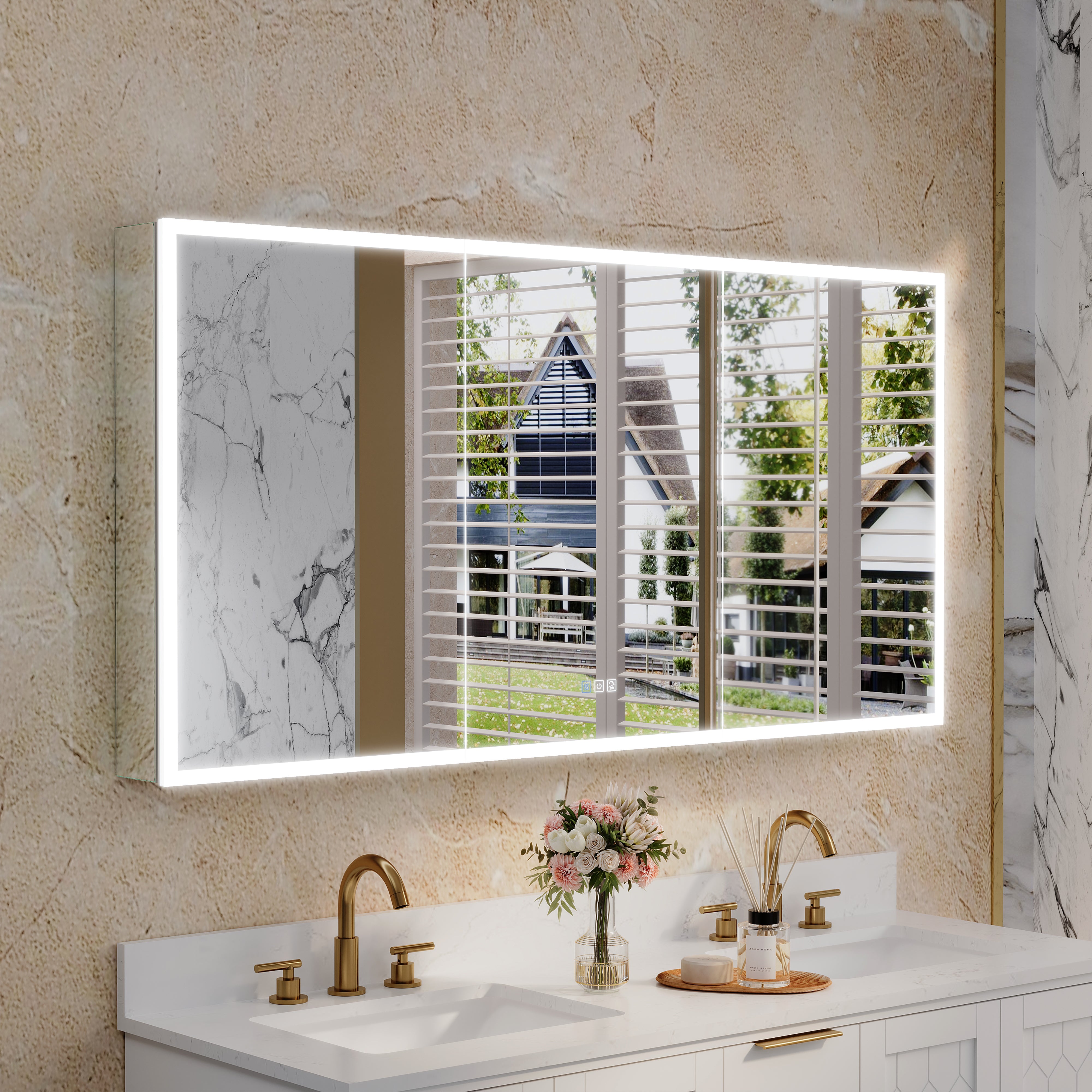

Leave a comment
This site is protected by hCaptcha and the hCaptcha Privacy Policy and Terms of Service apply.